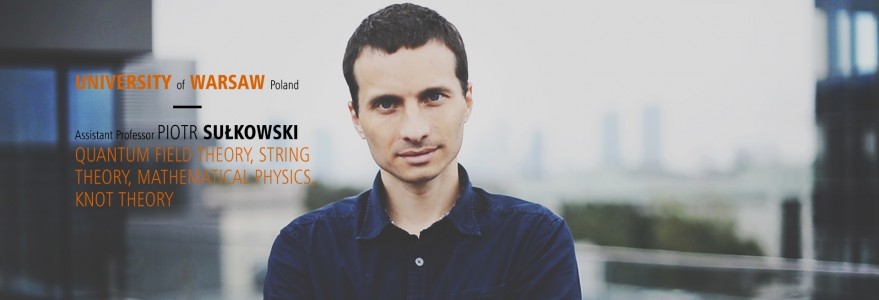The University of Warsaw is the most popular Polish academic education centre among foreigners. Every year it hosts around 3 thousand students from abroad – the highest number in the country. European Commission awarded us many times for our participation in the Erasmus academic exchange programme. We also want the scientists from all around the world, when looking for an internship, job or cooperation project, to take Warsaw into account. To this end, we have prepared – for example – special programmes for visiting professors.
We are open to everyone and invite them to visit the University, Warsaw and Poland. We are looking for people who dream of studying in a place which offers much more than just lectures, workshops and exams. The University of Warsaw is, above all, the biggest scientific centre in Poland. International rankings confirm, that taking into account the general number of research universities in the world – amounting to 20 thousand – the University of Warsaw belongs to the top 2 per cent. We receive the biggest number of grants, both from EU Framework Programmes, and from the national Polish sources. In many areas, our research teams have gained worldwide recognition: astronomers performing large-scale sky-combing projects, archaeologists present in over 20 countries, physicists participating in the activities of CERN or palaeontologists whose discoveries brought about a new perspective on the history of evolution.
People are our asset
These successes were achieved by our employees – over 3.5 thousand scientists. Among them, there are many recognized researchers, as well as young talents, who often, after taking some time for an internship abroad, come back to us – the most important thing is that they are able to combine their passion for science with belief in the sense of teaching – transferring their knowledge to students, developing their interests, inspiring others to take up independent studies.
Special focus should be directed on the laureates of the European Research Council competitions. The funds from ERC are available to scientists from all around Europe, so Polish scientists compete on equal grounds against their peers from all other countries of the continent. So far, Poland won 14 ERC grants, of which 7 went to the University of Warsaw. In other two projects University participates as the institutional partner, cooperating, among others, with the University of Oxford.
Film presentations
We want to show all young people that by selecting the University of Warsaw they will give themselves an opportunity to learn from the best. This evolved into our idea for film presentations of the laureates of European Research Council competitions. We start with assistant professor Piotr Sułkowski from the Faculty of Physics, who won the grant in 2013.
Piotr Sułkowski
The project “Quantum Fields and Knot Homologies” is devoted to the analysis of relations between physics and mathematics, and more precisely – between quantum field theory and string theory, and mathematical knot theory and random matrix theory. Knot theory is a fascinating, and at the same time one of the most mysterious areas in mathematics. On one hand, its main focus are knots, known to us from our everyday life, and on the other hand, it is intimately related to the most abstract questions of contemporary mathematics. Some problems in knot theory – including those with a practical dimension – are so complicated that they cannot be solved by means of the mathematical apparatus currently known to us. It turns out, however, that methods from quantum physics, related to quantum field theory and string theory, surprisingly often make it possible to find astounding solutions to these problems, even though their pure mathematical proof is for the time being beyond our capacities.
Piotr Sułkowski works in the Institute of Theoretical Physics of the University of Warsaw, cooperates with the California Institute of Technology (as visiting faculty/associate). He conducted his research in Harvard, University of California in San Diego, University of Bonn, University in Amsterdam. He received a grant of over 1.3 million euro from ERC for 5 years.
See the movie >>



